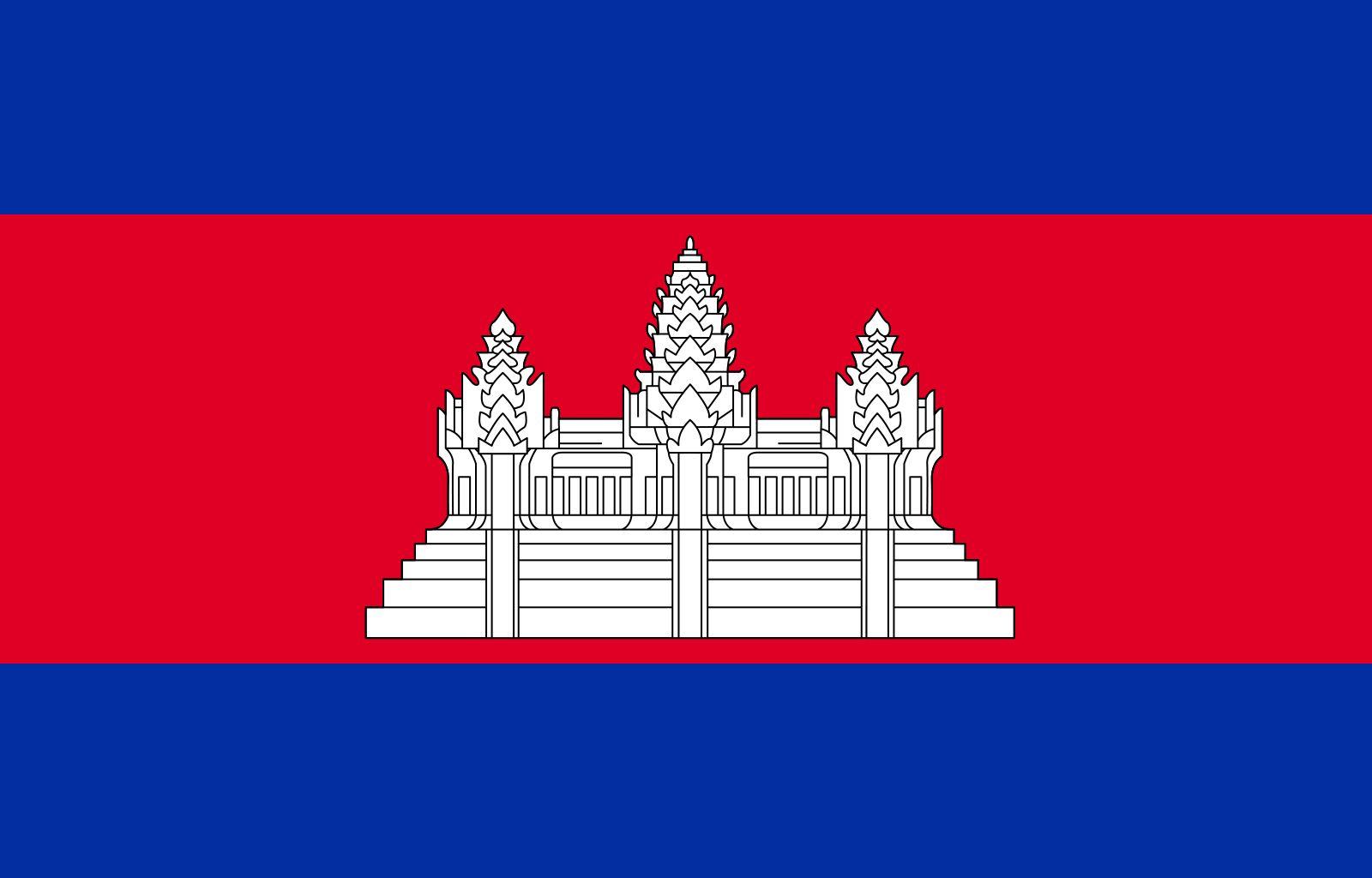Cambodias Legal Landscape and Its Impact on Surrogacy Practices
The legal framework surrounding surrogacy in Cambodia remains ambiguous and underdeveloped, creating a challenging environment for both intended parents and surrogates. While there are no specific laws that govern surrogacy agreements, existing regulations touch upon key aspects that impact these practices. The lack of legal clarity has led to a rise in exploitative situations, prompting a crackdown on operations deemed unlawful. The recent jailing of 13 pregnant Filipino surrogates underscores the precarious status of women engaged in this complex arrangement, caught between the desires of foreign couples and a legal system that offers little protection.
Amidst this uncertainty, several factors contribute to the complicated nature of surrogacy in the country:
- Geographical Proximity: Many couples traveling to Cambodia for surrogacy are driven by legal restrictions in their home countries.
- Economic Disparities: The promise of financial compensation presents an attractive option for local women, often leading to vulnerable conditions.
- Absence of Regulation: The lack of oversight allows for varied practices, where ethical considerations are frequently overlooked.
As surrogacy becomes increasingly prominent yet problematic, it raises critical questions about the ethical ramifications and legal responsibilities toward those involved. The recent incidents may prompt authorities to review and reform existing laws, as the global conversation surrounding reproductive rights continues to evolve.

Human Rights Concerns: The Plight of the Jailed Filipino Surrogates
The recent detention of 13 pregnant Filipino surrogates in Cambodia has emerged as a glaring example of human rights violations within the global surrogacy industry. These women, seeking better lives and opportunities for their families, have found themselves ensnared in a legal quagmire that highlights the urgent need for reform and protection. Human rights advocates are raising alarms about the conditions these women face in custody, describing them as both inhumane and unjust. Reports suggest that the pregnant surrogates are held in overcrowded facilities, with limited access to medical care and psychological support, exacerbating the risks to their health and that of their unborn children.
Concerns extend beyond their current imprisonment, with questions arising about the ethical implications of their exploitation. Many of these women were lured by promises of financial stability but are now trapped in a system that often prioritizes profit over human dignity. Some key issues that have emerged from this situation include:
- Legal protections: The lack of clear legal frameworks governing surrogacy in Cambodia.
- Medical care: Insufficient access to necessary healthcare services for pregnant women in detention.
- Psychological support: The absence of mental health resources to address trauma and anxiety.
- Exploitation risks: The vulnerability of women from developing countries being exploited in foreign markets.

Seeking Solutions: Advocacy and Reform in Cambodian Surrogacy Laws
As the recent imprisonment of 13 pregnant Filipino surrogates highlights the urgent need for comprehensive reform, advocates are calling for a critical examination of Cambodia’s surrogacy laws. This incident not only raises ethical concerns but also exposes the vulnerabilities of women who participate in surrogacy arrangements in a legal gray area. Proponents of reform argue for the establishment of clear guidelines that prioritize the safety and rights of surrogates, ensuring that they are fully informed and protected from exploitation.
Key proposals for legal reform include:
- Establishing a legal framework: Implement laws that regulate surrogacy agreements, defining the responsibilities of all parties involved.
- Ensuring fair compensation: Set standards for compensation that reflect the physical and emotional risks surrogates undertake.
- Protecting surrogate rights: Enact measures that safeguard the health and welfare of surrogates throughout the process.
- Enhancing transparency: Require agencies involved in surrogacy to operate transparently, providing clear information to potential surrogates about their rights and obligations.
By advocating for these critical reforms, stakeholders can work towards a more ethical surrogacy landscape in Cambodia, ultimately ensuring that the rights and dignity of women are upheld in all reproductive arrangements.

International Response and the Call for Ethical Surrogacy Standards
The recent jailing of 13 pregnant Filipino surrogates in Cambodia has sparked an international outcry, highlighting the pressing need for the establishment of ethical surrogacy standards worldwide. This incident raises critical questions about the legality and morality of surrogacy arrangements, particularly in countries where the legal framework is either ambiguous or non-existent. Advocates for surrogates emphasize the necessity for comprehensive regulations that protect the rights and welfare of all parties involved, ensuring that surrogacy is a choice made free from coercion and exploitation.
In response to this alarming situation, various human rights organizations and legal experts are calling for a robust international framework to govern surrogacy practices. Key recommendations include:
- Implementation of Clear Legal Guidelines: Countries should establish transparent laws that regulate surrogacy agreements, prioritizing the health and rights of surrogates.
- Protection Against Exploitation: Measures must be taken to prevent the commodification of women and children, ensuring that surrogacy does not become a vehicle for human trafficking.
- Ethical Oversight Bodies: An independent body should oversee surrogacy arrangements, providing support and resources for surrogates during and after their pregnancies.
